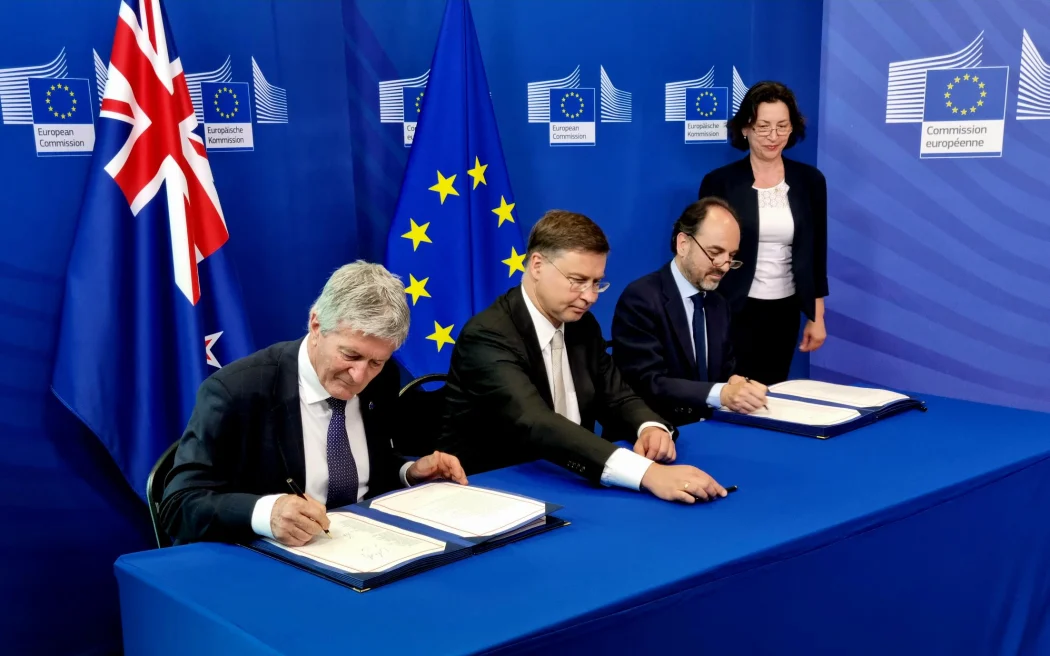Brussels, Belgium – Free trade within the European Union (EU) has become a key factor in promoting economic growth and strengthening trade relations among member states. The internal free trade agreements within the EU not only simplify customs procedures but also create a favorable business environment, boosting trade and investment in the region.
Free Trade: An Economic Driver
As one of the largest markets in the world, the EU continually strives to create a free and fair trade space. Internal free trade agreements have removed most tariff barriers, facilitating the flow of goods and services between member states. This not only helps reduce production and transportation costs but also enhances the competitiveness of businesses in the region.
Opportunities and Challenges
The implementation of internal EU free trade agreements brings numerous opportunities for businesses and the economies of member states. Companies can more easily access the vast EU market, expand production scales, and diversify their products and services. Consumers also benefit from a wider range of choices and more reasonable prices.
However, the removal of trade barriers also presents certain challenges. Small and medium-sized enterprises (SMEs) may struggle to compete with larger companies from other EU countries. To address this issue, the EU has implemented several support programs to help SMEs enhance their competitiveness and market access.
Enhancing Cooperation and Investment
Internal EU free trade agreements have also fostered closer cooperation among member states. Countries within the EU have increased investments in infrastructure, technology, and human resources, creating a solid foundation for sustainable development. Cross-border investments have become easier, enabling businesses to leverage new resources and opportunities.
Impact on Key Industries
Key industries in the EU, including automotive, electronics, food, and agriculture, have benefited from free trade agreements. The removal of tariffs and the simplification of customs procedures have helped these industries reduce costs and enhance export capabilities. Additionally, easier access to raw materials and advanced technologies from other member states has improved the quality and competitiveness of products.
Environment and Sustainability
The EU prioritizes sustainable development and environmental protection. Internal free trade agreements include stringent regulations on environmental protection, ensuring that trade activities do not harm the natural environment. Businesses are encouraged to adopt green production measures and energy-saving practices, contributing to the protection of the planet for future generations.
Future Prospects
Looking ahead, internal EU free trade agreements are expected to continue playing a crucial role in promoting economic growth and improving the livelihoods of people in the region. The EU will continue to refine its trade policies, creating an even more favorable business environment, and ensuring that the benefits of free trade are fairly distributed among all member states.
Free trade within the EU has proven to be a powerful tool for driving economic growth, creating jobs, and enhancing the quality of life. Internal free trade agreements not only benefit businesses and consumers but also strengthen cooperative relationships among member states. With ongoing efforts, the EU is on the path to a prosperous and sustainable future for all its members.

 English
English Tiếng Việt
Tiếng Việt العربية
العربية हिन्दी
हिन्दी Español
Español